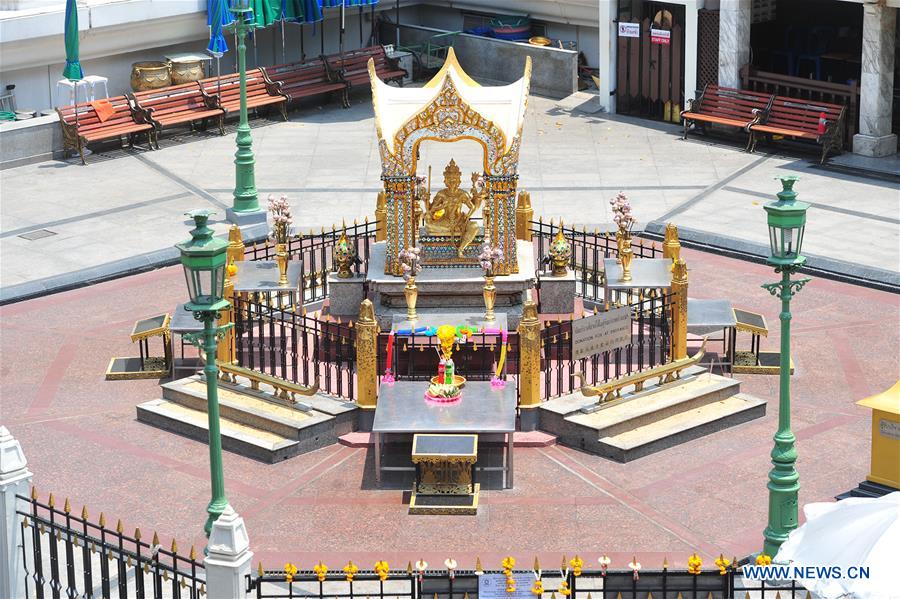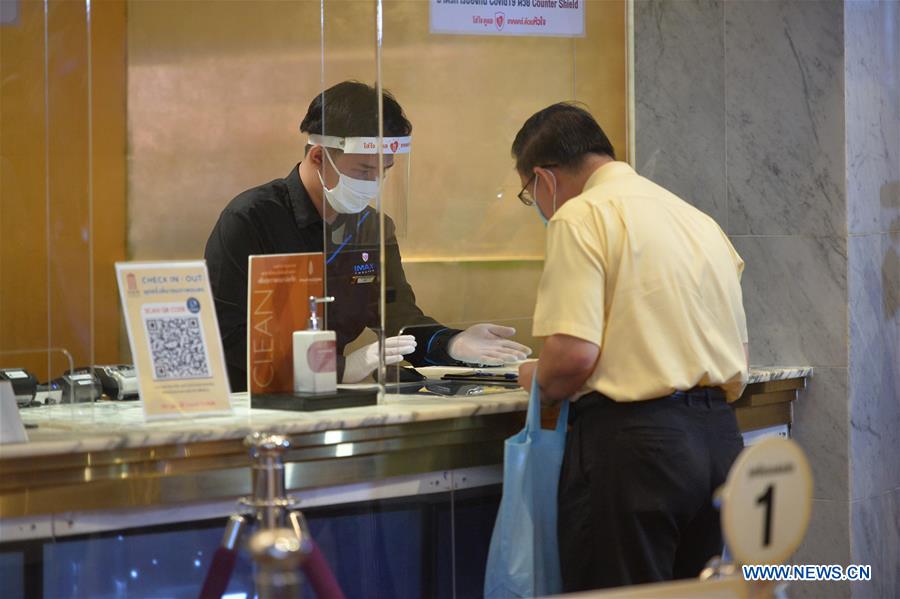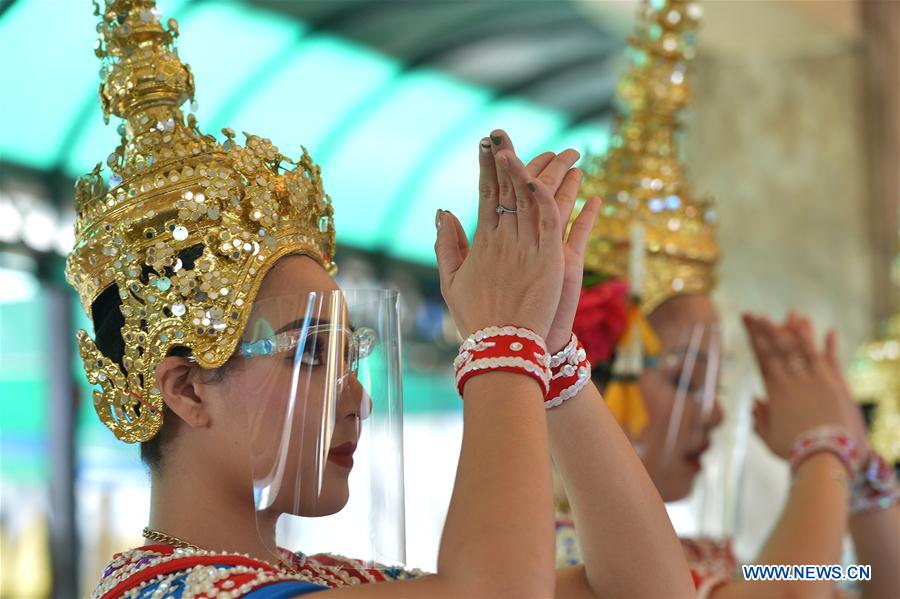Thailand fights well against COVID-19, boosting economy
Thailand performed well in containing the COVID-19 outbreak and mitigating its impact, according to the Thai Ministry of Foreign Affairs.

Since April 27, the number of new COVID-19 cases in the ASEAN nation has increased only slightly, with some days seeing no new cases at all. About 95 per cent of the infected have recovered, and fatality rate is less than 2 per cent.
Thailand approved economic relief measures for entrepreneurs, blue collars and households, so as to ease public expense burden, add revenue and keep the economic engine lubricated and running.
On easing expense burden, water and electricity bills in all households were waived or discounted for three months. Personal and corporate income tax filing and payment deadlines were extended. Withholding tax rate was reduced from 3 to 1.5 percent for six months.

Laid-off workers have received 5,000 baht to compensate wages for three months while those registered with the Social Security Fund will receive 70 per cent of their wages up to 200 days.
The Bank of Thailand will provide 500 billion baht of soft loans to financial institutions so that they can offer loans to certain SMEs. Another one trillion baht was allocated to resuscitate sectors from agriculture to tourism.
Based on the outcome in controlling COVID-19, the government relaxed restrictions since May 3 to let businesses revive. Shopping malls, restaurants, street vendors and others re-opened, while staying alert to the pandemic.

The COVID-19 also allowed Thailand to redesign its future towards a more innovative economy. In the absence of tourists, parks in Thailand were restored to a pristine condition, with more technological solutions and e-commerce apps developed for future visitors.
Don Mueang International Airport in Bangkok is undergoing renovation. With social distancing in mind, the Tourism Authority of Thailand will target smaller tourist groups, focusing on quality and health tourism.
More economic activities in Thailand went online, including meetings, business talks and trade fairs. Farmers and entrepreneurs were trained in e-commerce. Efforts were put in innovative medical treatment and solutions, and assistant robots helped medics take care of patients.

Citing the Asian economic crisis in 1997 when the sufficiency philosophy was introduced by the late king Bhumibol Adulyadej, the Thai ministry has confidence that Thailand will rebound and emerge with greater resilience and solidarity.
Source: The Thai Ministry of Foreign Affairs; Xinhua online pictures; trans-editing by Wang Shixue